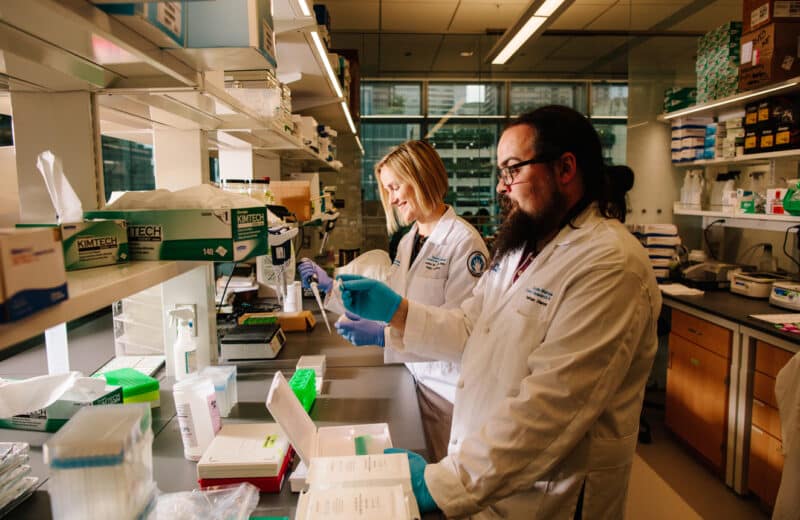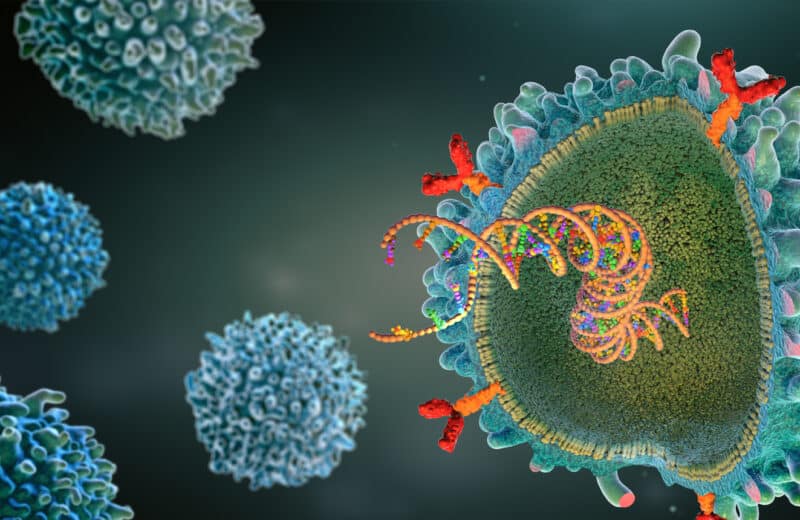Dr. Diane Yamada, principal investigator at the University of Chicago for the Gynecologic Oncology Group, encourages ovarian cancer patients to approach their physicians with the following queries:
If there is a suspicion of ovarian or fallopian tube cancer based on a worrisome looking mass on ultrasound:
• How suspicious am I for ovarian cancer, and what factors have influenced your suspicion?
• If ovarian cancer is found, what will you do at the time of surgery? Proper surgery consists of staging (a process that determines how far the cancer has spread) to remove the ovaries, fallopian tubes, uterus, omentum and lymph nodes. If there is ovarian cancer already present outside the ovaries, surgery should consist of a tumor “debulking” to remove as much of the cancer as possible.
After the diagnosis has been made and surgery has been performed:
• Have I been adequately staged? Staging is a process that determines how far a cancer has spread. Proper staging is very important because it has implications for prognosis and treatment such as the type and number of chemotherapy cycles given after surgery. There are also implications for becoming a candidate for clinical trials.
For the future:
• Is there a genetic component that contributed to my cancer? Be aware that the male side of the family can contribute to genetic risk; even if there are no “female” cancers in the family, the question should still be asked. Genetic factors have implications for personal screening for other cancers and for genetic testing for family members. [email_link]












